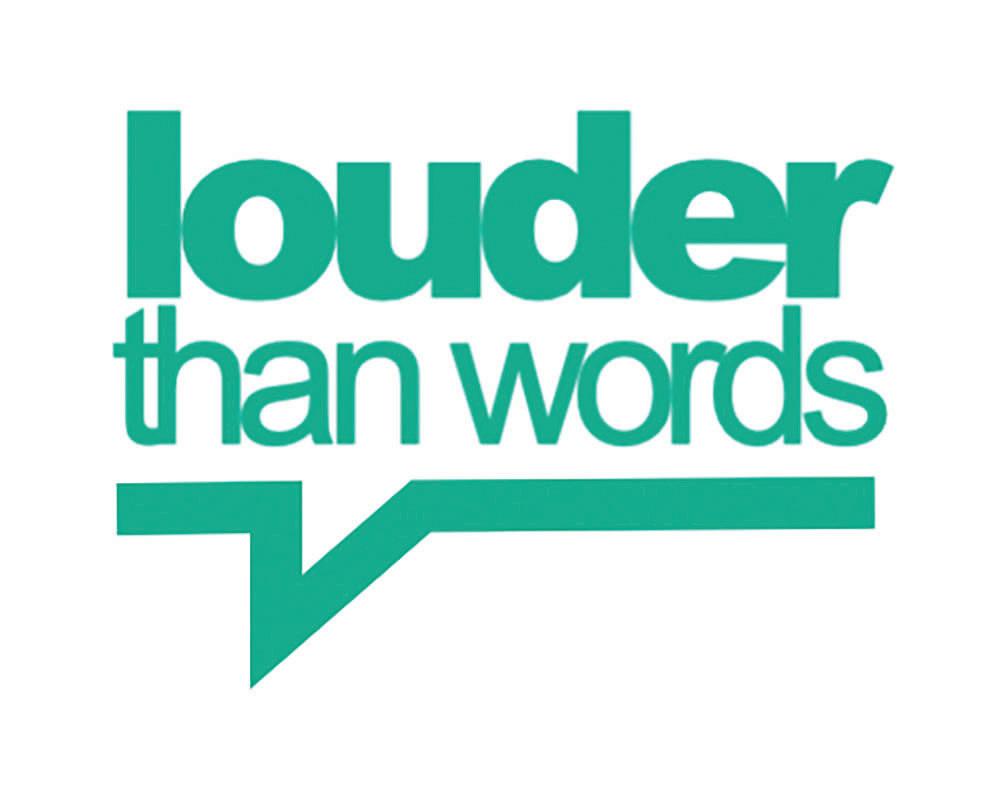
4 minute read
OPINION
When was the last time you heard a story? Stories are all around us. They are an innate part of what makes us human and what differs us from our evolutionary ancestors. Every one of us is a storyteller at heart. Stories can make us laugh, cry, and fall in love. Stories can inspire us, and stories can remind us of our past. Stories also have immense power. It is stories that bring dictators to power, but it’s also stories that lead to their fall. Stories are a valuable tool; activism and storytelling have always been linked. This past year is a great example of how small stories can lead to global movements. The death of one man led to a global movement that forced the world to reckon with its past.
But we shouldn’t give stories too much credit; stories don’t actually do anything. They may inspire us, but we have to act on that inspiration. It isn’t just one story that led to the Black Lives Matter movement that swept the world this past summer. The stories of hundreds of thousands of activists committed to change hundreds of years of oppression led to change. We often feel accomplished after hearing stories, as if we were on the moon with Neil Armstrong when he took his first step, or we were marching alongside John Lewis as he crossed the Edmond Pettus Bridge. But we weren’t; we didn’t do anything. Stories are just words. Actions will always speak louder.
Advertisement
The link between stories and activism is important, yet it is often misused. Listeners feel inspired but fail to act, and, if they do, it’s often uneducated, misguided, or fails to incite any meaningful change. Does it have to be this way?
This spring, I found a way to rethink the power of storytelling and its role in activism alongside Cara De Haus from St. Cyprians School in Cape Town, South Africa and Luis Tomas from Colegio Los Nogales in Bogotá, Columbia. Is it possible to use stories to create sustainable educated activism?
We began to research how to make activism successful and how to tell a good story. We looked at the science behind storytelling, statistics of social movements, and the speeches of world leaders. Of everything we researched, the most impactful lessons were from our own everyday experiences, like how our own communities grappled with complex issues through stories from people we knew. We realized that the most impactful stories aren’t the ones told by well known activists or celebrities, but by everyday people just like us.
But there are problems with that, too. If we only hear stories from people like us, we isolate ourselves from other people, from stories that might make us feel uncomfortable, or from people we don’t know. But we can also love those stories, stories that are so different then our own that they spark our imagination and force us to question what we have accepted as fact.
What started as a question became a global social justice movement, called Louder than Words.
Our result Louder than Words, a podcast-based global social justice movement that believes in the power of storytelling to inspire activism. We believe that activism can only be successful if it is sustainable and educated. That is why we are committed to a rounded approach to narrative podcasting with four key steps: listen, educate, discuss, and act. We are a global network of storytellers committed to creating a better, more just world.
Activism has become a global phenomenon. Now it seems anyone can become an activist with the click of a button or a post on social media. However, truly successful activism can only occur if it is conducted in an educated way that considers what is best for your local community. The following four steps are how we believe this type of activism best can be facilitated and represent the user journey of our project.
Our mission is to gather and share stories from the silenced, ignored, oppressed, and discouraged. To utilize the power of storytelling is to educate and inspire. However, we must simultaneously understand where the value of stories ends and where action begins. We are a global network of activists invested in creating a better and more just world through the power of both our shared experiences and our invaluable differences.
LIsten Our user begins their experience with our project by encountering it through social media, or a friend, and they decide to listen to a story. This is easy thanks to the broad availability and easy accessibility of our podcast. The user hears a well-edited story about social activism and becomes emotionally involved in the story. They become inspired by the storyteller’s experience and want to learn more. EducateThe user finds easy to access background guides on the topic of the story they listened to. The background guides provide information about the storyteller and their activism as well as historical context and current issues. These background guides are conveniently available to the user close to the podcast. The user is encouraged to learn more using available research links and credible news sites. Discuss Now educated about the topic and its background, the user can engage in meaningful discussion with friends, family, or peers thanks to discussion guides designed with storytellers to spark meaningful conversation and dialogue about topics that often aren’t discussed. This meaningful dialogue can spark new realizations and help to bring seemingly foreign issues closer to home.
Act Now that our user has been inspired, educated, and has engaged in meaningful dialogue, they are now prepared to go out and engage in sustainable activism in their own communities. Sustainable activism is activism that works to actively make change in a community while first considering those it impacts. We believe that through this process we have inspired a culture of activism, and a new generation of activism has been born.







